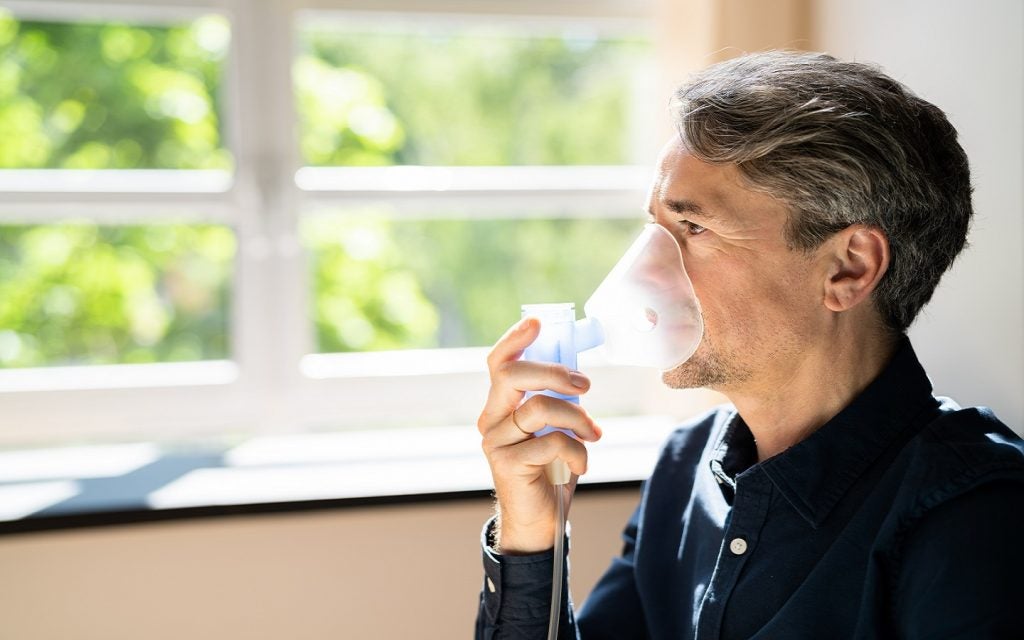Mediar Therapeutics has entered a global licensing agreement with Eli Lilly and Company to progress the human immunoglobulin G1(IgG1) antibody, MTX-463, into a Phase II trial for the treatment of idiopathic pulmonary fibrosis (IPF).
Mediar will receive $99m, consisting of an upfront payment and near-term milestones, with a further potential $687m from future development and commercialisation, and royalties and net sales milestones from future product sales.
In a recently completed Phase I trial of healthy volunteers, the therapy was found to be well-tolerated and to engage’ WNT1-inducible signalling pathway protein 1 (WISP1) at all tested doses.
The upcoming Phase II trial will assess the pharmacokinetics, efficacy and safety of the therapy in IPF subjects. Mediar plans to commence the trial in the first half of 2025 and will be responsible for its conduct.
Post-Phase II, Lilly is set to take over further clinical development and commercialisation efforts.
Mediar Therapeutics CEO Rahul Ballal stated: “This collaboration supports our unique myofibroblast-directed approach to treating fibrotic diseases and our mission to bring first-in-class therapies to patients with high unmet medical need.”
In addition to MTX-463, Mediar is independently progressing two other proprietary programmes targeting fibrotic disorders.
In a separate announcement, Eli Lilly has revealed its plans to establish a new global capability centre in Hyderabad, India, as reported by The Economic Times.
The Lilly Capability Centre India (LCCI) Hyderabad is set to focus on enhancing Lilly's digital capabilities in areas such as artificial intelligence, automation, software product engineering and cloud computing.
Recruitment is already in progress for the centre, which will be operational by mid-2025. It is the company’s second such facility in India, following LCCI Bengaluru's launch in 2016.
In December 2024, Eli Lilly’s Zepbound (tirzepatide) received a label expansion from the US Food and Drug Administration to treat adults with obesity and moderate to severe obstructive sleep apnoea.









